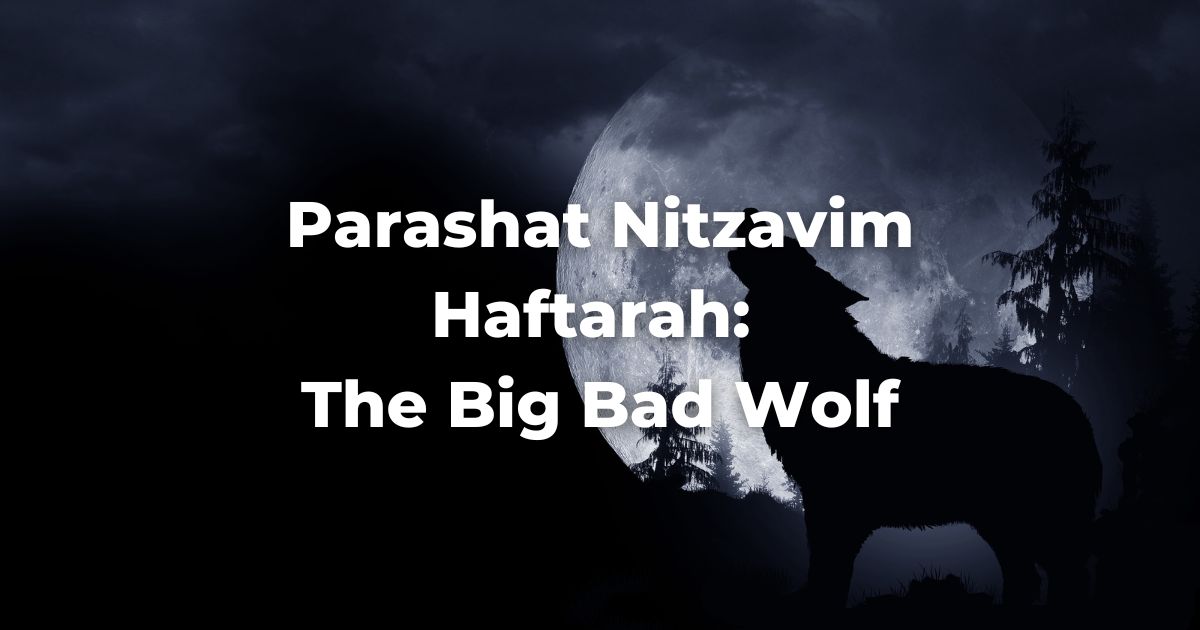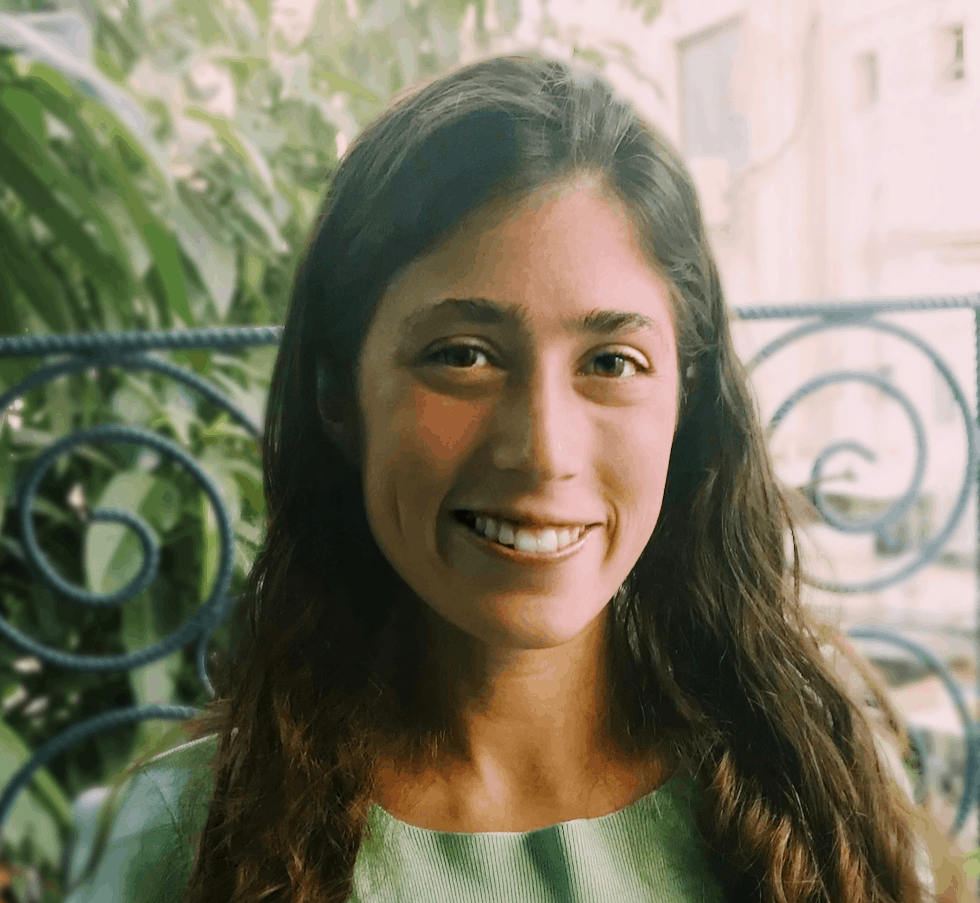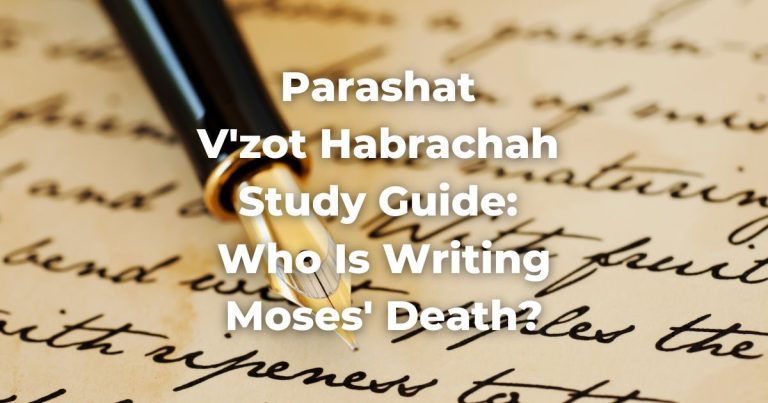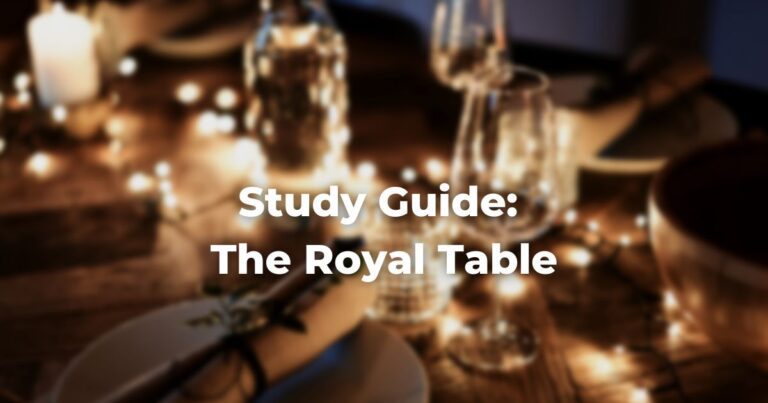Our haftarah, Isaiah 61-63, is the final of the seven haftarot of consolation.
What Comes Next?
We’ve made it now. We have survived Tisha B’Av, come back into the land of Israel, and begun the process of teshuva in preparation for the holidays. We might have thought that our haftarah would tie the process up with a bow, ending neatly and happily.
But we are not a people for fairytale endings.
Instead of thanking God for returning us to the land, we quiz God about why God’s clothes are so dirty. In the manner of Little Red Riding Hood noting her Grandmother’s awfully big teeth, we approach God and inquire after God’s clothing.
We read, as translated by Robert Alter, “Who is this coming from Edom, in ensanguined garments? … Why is there red on your garments and your clothes like one treading a winepress? It is a crazy set of questions. We are approaching the most powerful ruler in the world and asking why he is covered in blood.
God’s answer spares us no details. We read, as translated by Alter, “In the vat I have trodden alone— of the peoples, no one was with Me, and I trampled them in My wrath, stomped on them in My fury, and their lifeblood splattered My garments, all My clothes I have befouled … And I trampled peoples in My wrath and made them drunk with My fury, and shed their lifeblood on the ground.”
There is a confluence of images here.
Wine and blood become synonymous. God becomes a winemaker, making wine out of the blood of humans, and God then makes the humans drunk. The word that Alter translates as “lifeblood” is netzach, usually understood to mean something eternal, enduring, and strong. Ibn Ezra explains that we should read netzach as blood, because the span of human life is measured by how long blood endures, flowing through a human’s veins.
God is playing with human lives, exposing that the netzach, the duration, of each human life is not netzach, eternal, as God is, but rather as easily disposed of as a grape.
But human death does affect God.
The remnants of our lives have made a mess of God’s clothes. Of course, it is a bizarre thing to imagine a clothed God in the first place.
In the image here in Isaiah, God is taking on distinctly human characteristics, wearing clothing and making wine. But this is happening on a divine scale. The consolation we find is that God understands us, God knows what it is to have dirty clothes and a broken heart.
Moreover, God is on our side.
The blood on God’s clothing is not our own. Faced with the enormity of our loss and our return, we find comfort in God’s ability to be like us, to understand us, while still being totally alien in God’s netzach, God’s strength.
See more: Parashat Nitzavim
Originally posted as part of the Conservative Yeshiva at the Fuchsberg Jerusalem Center’s Torah Sparks. Support TorahRefers to the first five books of the Hebrew Bible, the Tanakh, also called the Five Books of Moses, Pentateuch or the Hebrew equivalent, Humash. This is also called the Written Torah. The term may also refer to teachings that expound on Jewish tradition. Read more learning from the Fuchsberg Jerusalem Center/Conservative Yeshiva for leaders and seekers around the world here.
Authors
-

Bex Stern Rosenblatt is the Conservative Yeshiva’s Faculty-in-Residence for the Mid-Atlantic Region of the United States, teaching Tanach, using the techniques of close-reading, theater, feminist readings, and traditional commentators. Bex also directs the CY’s recruitment efforts in North America. After finishing her B.A. in History and German at Williams College, Bex received a Fulbright Grant to Austria. She later earned an M.A. in TanakhAn acronym for the name of the Hebrew Bible: Torah, Neviim, and Ketuvim. Read more from Bar Ilan University and has also studied at the Conservative Yeshiva and Bina Jerusalem. Bex is the founder of HavrutaA study partner. A hevruta is more than just a ‘study buddy’ it is a serious and personal relationship between colleagues. Also spelled: Havruta Read more Tel Aviv, an organization that facilitates guided pair-learning of the Tanakh.
View all posts -



The Fuchsberg Jerusalem Center (FJC) is a home in the heart of Jerusalem where leaders and seekers can find an authentic place in Jewish tradition to call their own. FJC offers opportunities to study, pray and explore within an egalitarian and inclusive setting, creating multiple pathways for finding personal and communal meaning.
View all posts






